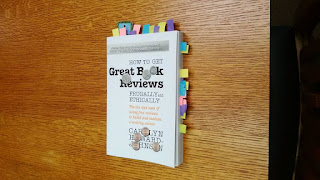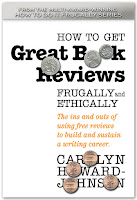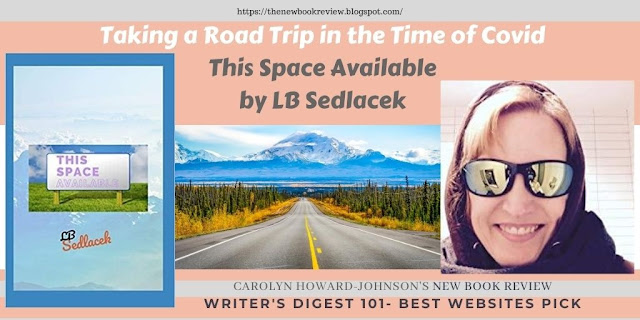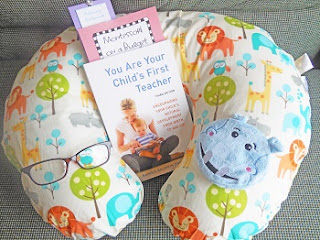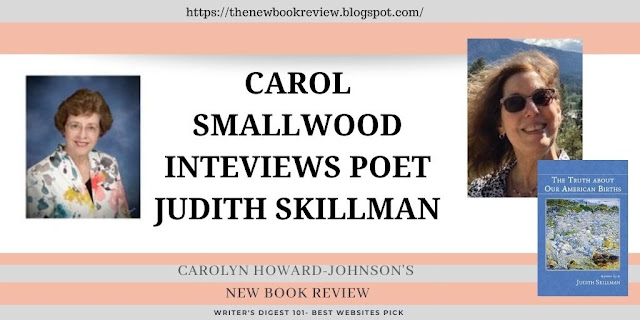A British lifestyle survey report once pointed out a hair-raising issue of wasting food and dumping of excess food in the garbage bins. This is sheer waste of food which is essential for sustenance. In nature, waste of many resources meets our eye very often. While we are in the times of Anthropocene, we should be wary of wasting our valuable resources like water, oil etc. In the very opening poem, Weed Garden, of this section, “ The Age of Waste”, Magdalena Ball wields her powerful pen,
“A patch of weeds left to grow tall”,
Which she decides to annul by walking next morning till …
…” I’ve left the farm
lost my body
with all its false softness
broken to sinuous fibre
too tough to digest.”
Losing the farm to destructive weeds is tantamount to losing a body to the rupture of “sinuous fibres”. in poem after poem of this section, poet Magdalena Ball is warning the civilization to be careful about the threat of extinction it is going to face, with gradual depletion of all its resources:
“Her name is Mud
last of her kind……
Her name
Is the Sixth Mass
Extinction
Glaciers, forest, buildings,
Even humanity is touching low, as civilization is inching towards its extinction, when existence itself is threatened:
“Earth of course is
saturation blue
periwinkle in the morning
sumptuous even when
melting
under the hot weight of
humanity
bearing down.” ("Is Blue an Earth Tone?”)
… “because my feet failed
beneath all that bluster
The poems in this section are fraught with covert meanings and overt explanations:
“Every day is another chance
to die of kindness
the infinite regression of
immortality.” ("Tomorrow’s Box is Quantum”)
Poems like "Shadow Genome” and “Transmission” explore the notion of being ‘transmitted’ into a different form, ‘second life, second soul’ may be. All these ideas are either the influence of Hindu religion or the Buddhist concept of transmogrifying into another soul in another birth.
In the third section, “Chronon”, Ball explores many aspects of time, both as an indivisible unit, and against the hypothetical but still true statement that Time is not continuous. If such continuity of Time is questioned then, Eliot’s tall claim that “Time present and Time Past is contained in Time Future.” A length of Time is frozen in the matrix, it seems. Ball catches Time in all its varied facets and spectra:
“Nothing is lost, not even the moment
Shattered into light pulses, entangled
In the mother tongue, in the morning
leaves a taste on the lips, sharp
breaks through like the crack of a whip
reminds you that time is a construct
you write every minute with breath. [Eastern Whip Bird]
Magdalena Ball might have been influenced by Jorge Luis Borges’s well-renowned essay, “A New Refutation of Time” (Labyrinths), where Borges says, “ I have accumulated transcriptions from the apologists of idealism, I have abounded in their canonical passages, I have been reiterative and explicit, I have censured Schopenhauer[not without ingratitude], so that my reader may begin to penetrate into this unstable world of the mind. A world of evanescent impressions: a world without matter or spirit, neither objective nor subjective; a world without the ideal architecture of space; a world made of time, of the absolute uniform time of the Principia; a tireless labyrinth, a chaos, a dream.”[256]
The last section of this volume, “The River will Wash Us All Down” is both interesting and mindboggling. The poems of this section highlight a desire of the poet to go with the flow yet follow her own course, paving a way for unique forms of understanding. For example, in “ If I could open a space”, she declares of breaking ‘every boundary’, ‘dissolving…every boundary’, taking ‘every burden on my (her) tiny back’ and forgiving ‘ even myself(herself), every ragged mistake/to open this space.’ The Density of Compact Bone is a rare collection of poems to be treasured by poetry-lovers.
INFORMATION ABOUT THE REVIEWER
A BIO OR CREDIT LINE FOR THE AUTHOR OF THE BOOK
More About #TheNewBookReview Blog

